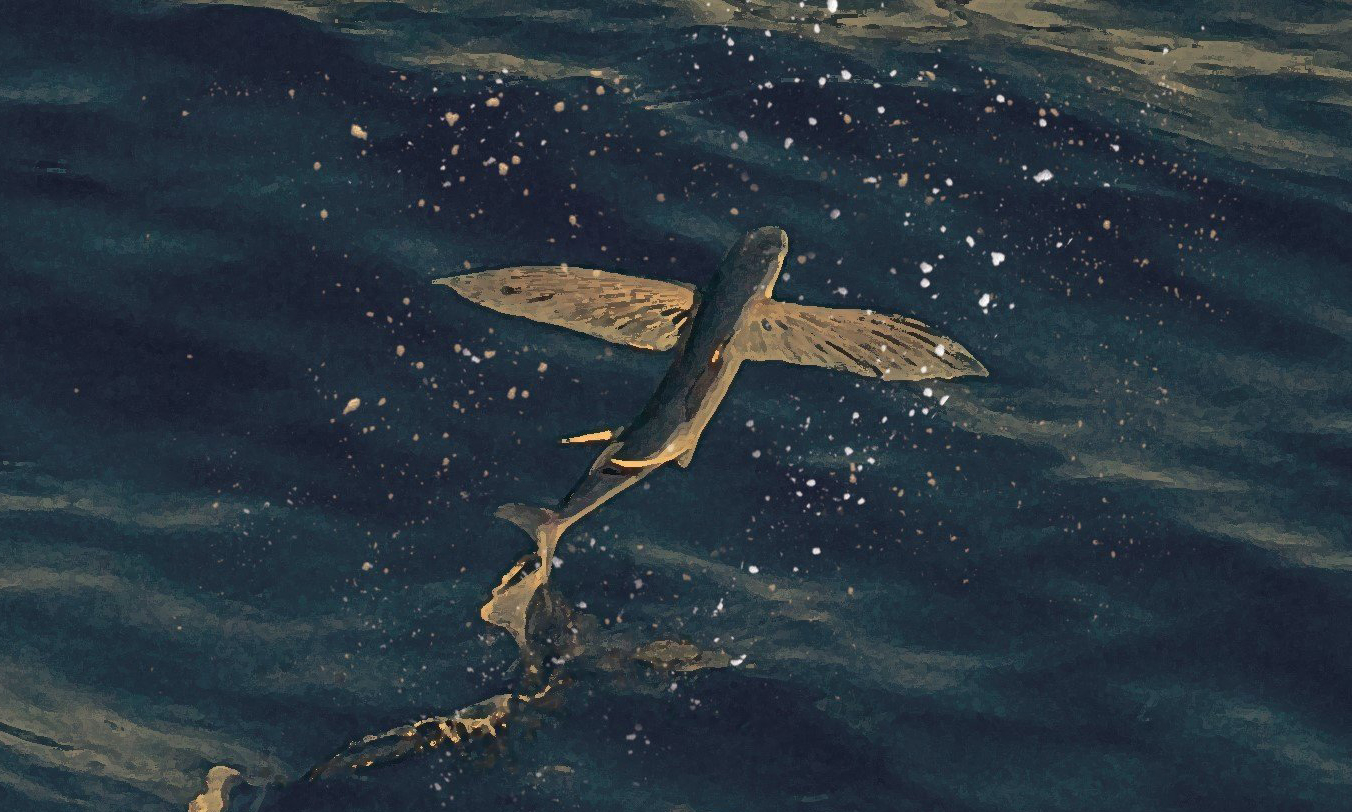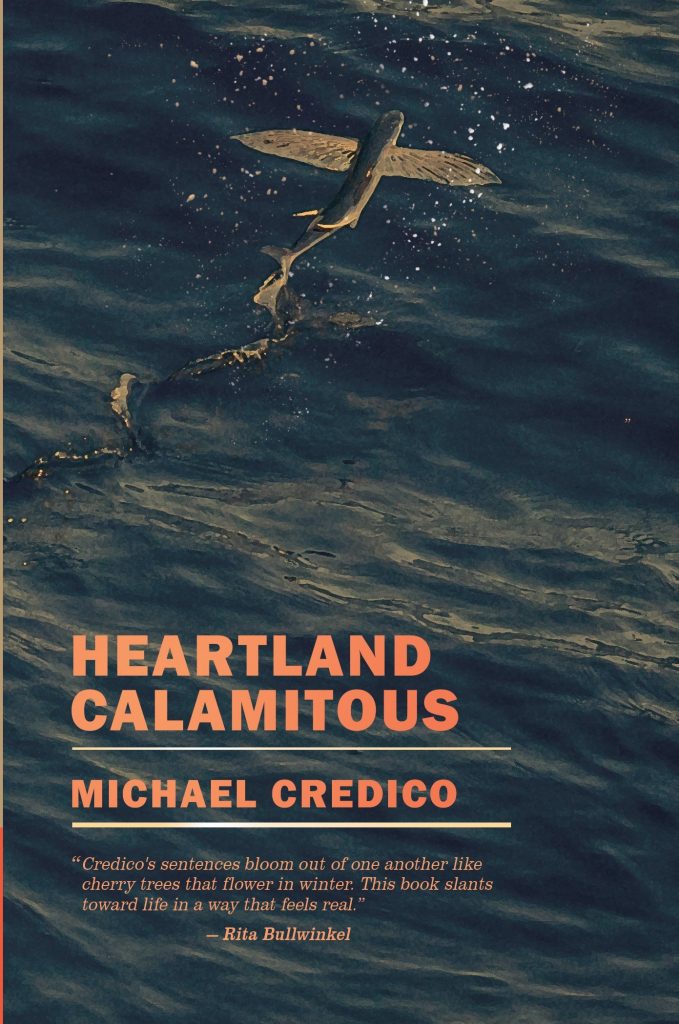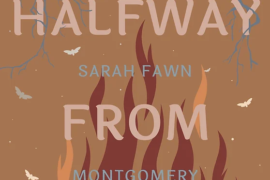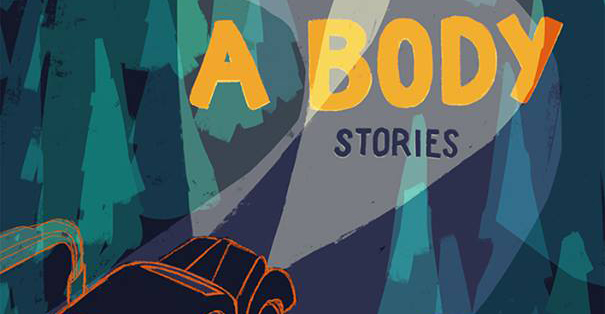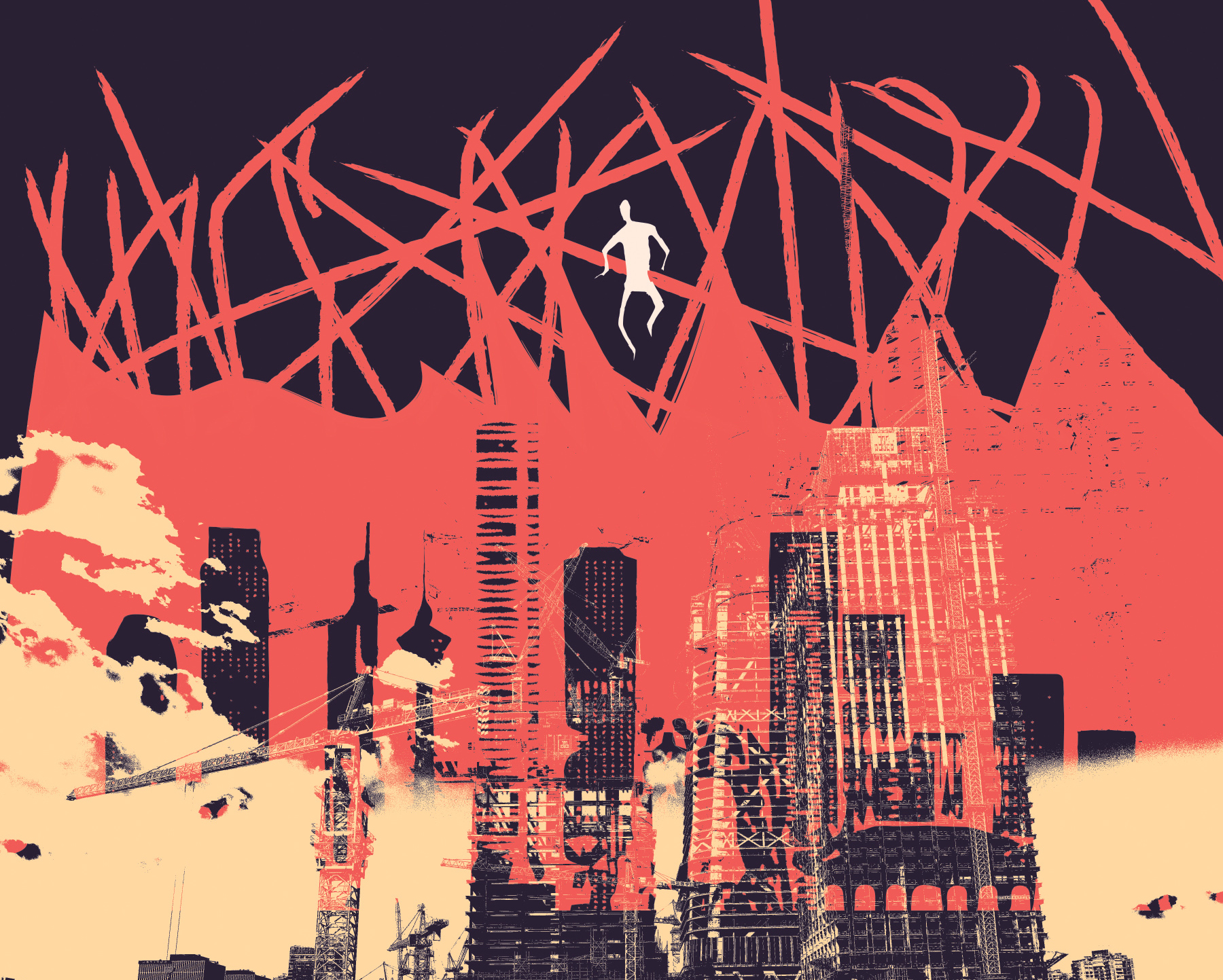Welcome to another installment of If My Book, the Monkeybicycle feature in which authors shed light on their recently released books by comparing them to weird things. This week Michael Credico writes about Heartland Calamitous, his story collection published by Autumn House Press.
If Heartland Calamitous were a book, it would throw its drinking glass at the wall, frustrated because it already is a book, and that just isn’t enough.
If Heartland Calamitous were a walked-into-a-bar joke, it would be to replace its drink.
“Isn’t that why the chicken crossed the road?” the bartender says.
Heartland Calamitous holds up its empty, broken drinking glass.
“What’ll it be?”
“Something regular and unexploded.”
“Everything here is regular, sure, but nothing’s been exploded, so there’s nothing to unexplode. The best I can do is shaken a little. Maybe an overpour onto your lap.”
Later, Heartland Calamitous’s little family of follow-ups are sitting on its lap, going goo-goo, going gaga. If Heartland Calamitous were an expression of fatherly wisdom this serene-seeming moment, it would be a single cold word: “Principles.”
If Heartland Calamitous were principles, it would be toxic stubbornness concealed as principles. This is why its follow-ups will grow up alienated—two failed novels (novellas, really) and a second short story collection desperate to insist it is a return to form. Meanwhile, Heartland Calamitous grows old and lonely. One night it sees its reflection in the television screen. It has jowls. It pulls its jowls down past its knees, to its ankles. It lets go. The jowls snap back, striking Heartland Calamitous across the face, sending it spinning backwards like a cartoon that has run full speed into a clothesline.
But back to now, back to inside the bar. If Heartland Calamitous were a drink poured onto a bitter man, it would be some variation of a mule. Heartland Calamitous will endure sticky boots the rest of its life and a voice in its ear, saying, “Don’t go. Stop.” Heartland Calamitous will think it is its own voice—a conscience, a spirit, a soul. It’s not.
If Heartland Calamitous were to look inward and scream anything into the emptiness it was feeling, it would be, “I am not fully realized!”
So Heartland Calamitous pitches itself as a film to several studios and production companies.
Netflix is interested. No, not Netflix exactly, but a startup that claims to “have his ear.”
If Heartland Calamitous were a film, it would be nostalgic and arthouse.
“We need an American Jim Jarmusch,” the startup says.
They find an American Jim Jarmusch.
If Heartland Calamitous were an actor, it would be some combination of Warren Oates, Warren Beatty, and Ned Beatty. Heartland Calamitous, the startup, and the American Jim Jarmusch agree that these are actors with principles. Using CGI, they render the composite WWarreN O’Beatty.
The startup and the American Jim Jarmusch produce a short clip, which they upload to YouTube in hopes of creating buzz. WWarreN O’Beatty is wandering empty city streets in the midst of a pandemic. He is physically and emotionally weary. His vital parts and orifices are covered by cloth masks. He repeats, with varying degrees of sadness, “Don’t go. Stop.”
Heartland Calamitous can’t understand it. “This never happened,” it says. “This isn’t what I’m about.”
The startup says, “What’s important is we keep this film relevant. Fabulism is dead. The western is dead. A-stranger-comes-to-town, the road story, dead and dead. Airplanes are grounded. The highway rest stops are all closed. You are where you are, and you just have to deal with it.”
The American Jim Jarmusch says, “I have a couple more things I need to know. If you were a color, what color would you be?”
“Marooned.”
“If you were a music, what music would you be?”
“In a funk.”
“If you were a television program, what television program would you be?”
“Is this television?”
The three of them are stumped.
This is the last time they will meet.
Heartland Calamitous will never be made into a film.
The American Jim Jarmusch will go on to a successful career in advertising. He will capitalize on the pandemic, rewriting WWarreN O’Beatty to say, “Now is the time to invest in a Roth IRA.”
The startup will remain a startup.
Heartland Calamitous will walk into crowded rooms, hoping to be asked again if it were a television program, what television program would it be?
“A reboot.”
It will never be asked.
Every time Heartland Calamitous thinks about its failures and disappointments, it will also be thinking about its principles.
The follow-ups don’t call. The television never turns off.
“A man walks into a bar. I mean, a book. A film. And the bartender says, ‘Don’t go. Stop.’ But it leaves without paying for its drink.”
“How does that make you feel?”
If Heartland Calamitous were feelings, it would be feelings that are difficult to admit.
If Heartland Calamitous were the live studio audience this exchange was filmed in front of, it would be laughing. But is it really laughing?
Michael Credico is the author of Heartland Calamitous (Autumn House Press, 2020). His fiction has appeared in Black Warrior Review, Denver Quarterly, DIAGRAM, New Ohio Review, Puerto del Sol, The Rupture and others. He lives in Cleveland, Ohio. His website is www.michaelcredico.com. His Twitter is @michaelcredico.

